
Studying the Humanities in the 2020s
At a time of tumultuous and sometimes vitriolic debates on American campuses, here are seven guiding principles to help college student thinking about studying history or any other humanities subject.
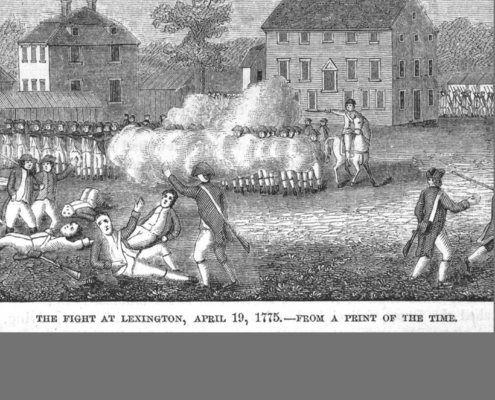
Better Civics Education Is the Massachusetts Way
The fight for more comprehensive civics education in the Bay State has persisted for years. The Legislature's recent override of Gov. Maura Healey’s cut to the state’s modest civics instruction budget suggests that in many in Massachusetts — including parents, teachers, and lawmakers — support strengthening the state’s civics and history curriculum, particularly with mounting evidence of declined student performance across the country.
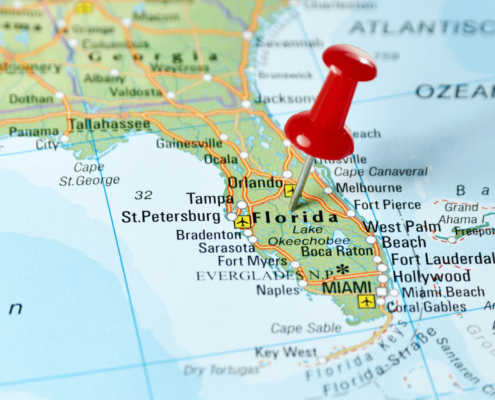
Except in Florida, There’s Really No (High School) Debate
In much of the country, the state of America’s High school debate is not strong. Teachers and education professionals have become indoctrinated in an identity-obsessed, grievance-seeking body politic. But in Florida, students must thoroughly research debatable positions and are actually expected to engage with those who disagree.
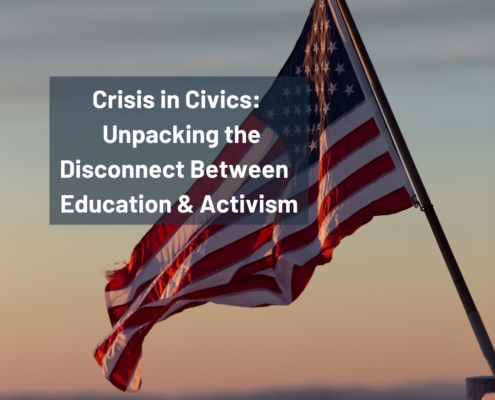
The Disconnect Between Education and Activism
I’m sympathetic when I hear individuals lament cancel culture, radicalized student bodies, and anti-free speech climates in our institutions of higher learning. In many ways, it's right to do so. But in our defense, I might suggest that our lack of aptitude is the result of increasingly substandard history and civics education.
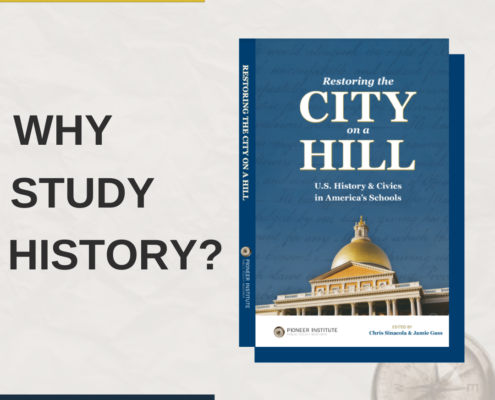
Why Study History?
Intern Jude Iredell emphasizes the importance of history education for informed citizenship, citing Pioneer's survey on Massachusetts residents' historical knowledge. He encourages supporting organizations and initiatives promoting civic engagement and history literacy.
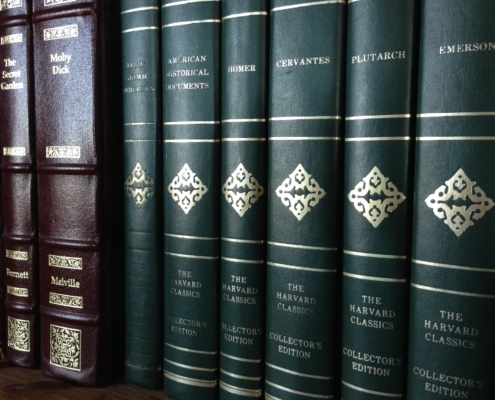
U.S. History and Civics Education: Lacking Standards, Little Knowledge
According to both the NAEP U.S. history and civics test results and a national survey emulating a U.S. citizenship test, students and citizens in America are largely lacking the mastery of the subjects. At a time when history and civics education is highly politicized, we must improve their education to ensure future generations of capable citizens.
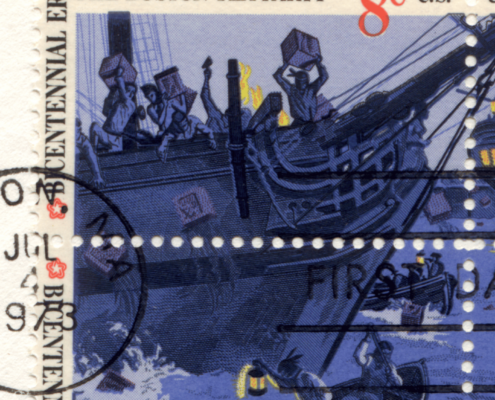
Can Massachusetts Reverse the Decline in U.S. History and Civics Performance?
Massachusetts — home to so much history, including seminal events such as the Boston Tea Party — has much to be proud of in its own students’ history and civics performance. Even as policymakers have supplanted typical curricular standards with “engagement” mandates that students participate in progressive activism, national attitudes towards Massachusetts’ civic education have remained envious.

AEI’s Robert Pondiscio on E.D. Hirsch, Civic Education, & Charter Public Schools
This week on “The Learning Curve," Gerard Robinson and guest co-host Kerry McDonald talk with Robert Pondiscio, a senior fellow at the American Enterprise Institute. He shares his background working with curriculum expert E.D. Hirsch, Jr., who has emphasized the importance of academic content knowledge in K-12 education as well as civic education to develop active participants in our democracy. Pondiscio explains some of the findings of his book, How the Other Half Learns, on New York’s Success Academy charter schools network.

UVA Law Prof. G. Edward White on Law, Race, & the U.S. Supreme Court in American History
This week on “The Learning Curve," as the nation prepares for the likely confirmation of its first Black female U.S. Supreme Court justice, Cara Candal and Gerard Robinson talk with Dr. G. Edward White, David and Mary Harrison Distinguished Professor of Law at the University of Virginia School of Law, and author of the three-volume book, Law in American History.

ESPN Senior Writer Howard Bryant on Race in Boston & American Sports
This week on “The Learning Curve," co-host Gerard Robinson and guest co-host Kerry McDonald talk with Howard Bryant, a senior writer for ESPN and the author of nine books, including Full Dissidence: Notes From an Uneven Playing Field and The Heritage: Black Athletes, A Divided America, and the Politics of Patriotism.

Award-Winner Prof. David Reynolds on Abraham Lincoln & American Civil War Culture
This week on “The Learning Curve," co-hosts Gerard Robinson and Cara Candal talk with David Reynolds, a Distinguished Professor of English and History at the Graduate Center of the City University of New York. He is the author of Abe: Abraham Lincoln in His Times, selected as one of the Top Ten Books of the Year by The Wall Street Journal and The Washington Post. Professor Reynolds shares what teachers and students alike should know about the culture of Civil War America, primary education in that era, and the wide variety of influences on Lincoln’s thinking and leadership.

Prof. Raymond Arsenault on the 60th Anniversary of the Freedom Rides & Civil Rights
This week on “The Learning Curve," co-hosts Gerard Robinson and Cara Candal talk with Raymond Arsenault, the John Hope Franklin Professor of Southern History at the University of South Florida, and author of several acclaimed and prize-winning books on civil rights, including Freedom Riders: 1961 and the Struggle for Racial Justice. He shares how he became interested in researching, writing, and teaching about the Civil Rights Movement.

Civil Rights Leader Bob Woodson on 1776 Unites & Race in America
This week on “The Learning Curve," co-hosts Cara Candal and Gerard Robinson talk with Robert Woodson, Sr., founder and president of the Woodson Center that supports neighborhood-based initiatives to revitalize low-income communities, as well as author and editor of the May 2021 book, "Red, White, and Black."

Pulitzer Prize-Winning Prof. David Hackett Fischer on Paul Revere, George Washington, & American Independence
This week on “The Learning Curve," co-hosts Gerard Robinson and Cara Candal talk with David Hackett Fischer, University Professor and Earl Warren Professor of History Emeritus at Brandeis University, and the author of numerous books, including Paul Revere's Ride and the Pulitzer Prize-winning Washington's Crossing. As America prepares to celebrate the Fourth of July, they review key figures who helped secure independence from Great Britain, including Paul Revere, immortalized in Longfellow’s classic poem, and Founding Father George Washington, known among his contemporaries as the “indispensable man” of the revolutionary cause.

New York Times Best Seller Paul Reid on Winston Churchill, WWII, & the Cold War
This week on “The Learning Curve," Cara and guest co-host Kerry McDonald talk with Paul Reid, co-author, with William Manchester, of the New York Times best-selling biography of Winston Churchill, The Last Lion: Defender of the Realm, 1940-1965. Reid shares how he was enlisted to complete William Manchester’s biographical trilogy on the greatest political figure of the 20th century, which became a best-seller.
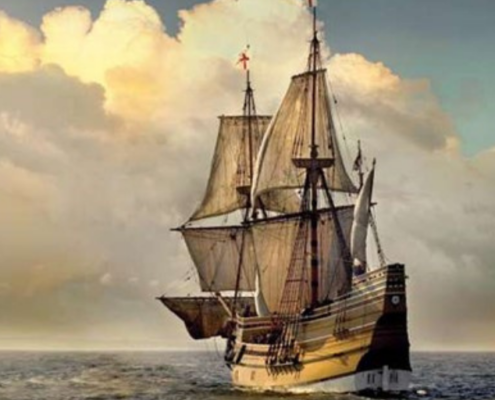
The 400th Anniversary of the Mayflower – 15 Resources for K-12 Students
0 Comments
/
In Pioneer’s ongoing series of blogs on curricular resources for parents, families, and teachers during COVID-19, this one focuses on: Celebrating the 400th Anniversary of the Mayflower’s voyage.
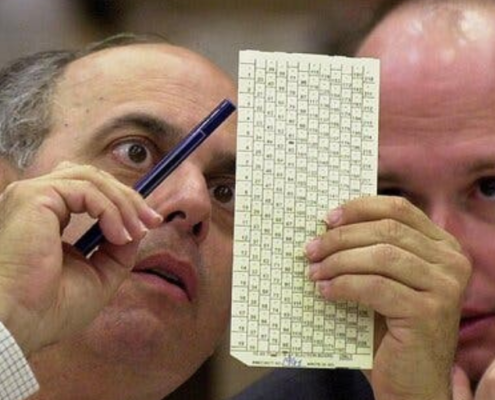
Disputing Democracy – 5 Contentious U.S. Presidential Elections – Resources for K-12 Education
In Pioneer’s ongoing series of blogs, on curricular resources for parents, families, and teachers during COVID-19, this one focuses on: Introducing K-12 schoolchildren to the great, contentious presidential elections in U.S. history.
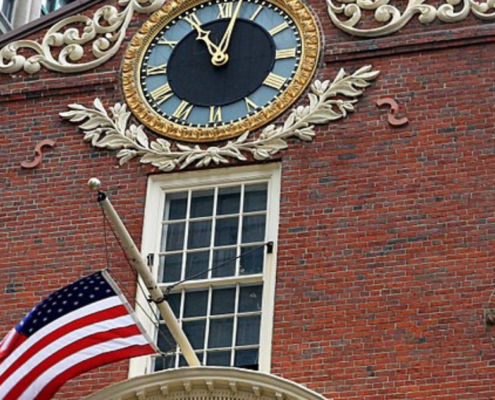
“Architecture is Frozen Music” Great Massachusetts Buildings – 25 Resources for K-12 Education
Understanding enduring public and private architecture is a key way to learn about art, ideas, and how they harmonize with our democracy. Yet, Massachusetts buildings are often never discussed in K-12 education. We’re offering a variety of links about outstanding houses and architecture across the Bay State for parents, teachers, and schoolchildren to enjoy, visit, and better appreciate, including:
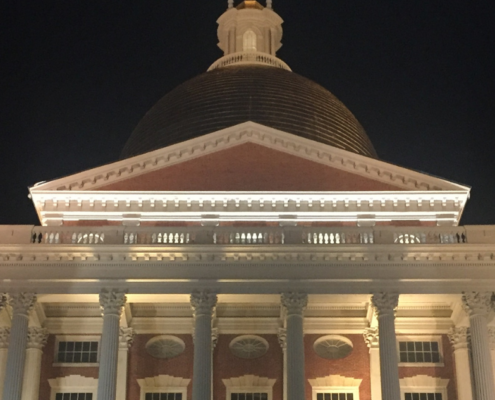
“City Upon a Hill” Massachusetts Monuments & Memorials: 25 Resources for K-12 Education
In Pioneer’s ongoing series of blogs here, here, here, and here on curricular resources for parents, families, and teachers during COVID-19, this one focuses on: Introducing K-12 schoolchildren to Massachusetts monuments & memorials.
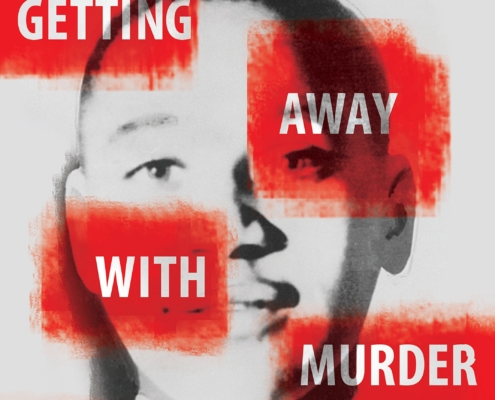
The 65th Anniversary of the Murder of Emmett Till: 6 Key Resources for K-12 Education
Continuing Pioneer’s ongoing series of blogs on curricular resources for parents, families, and teachers during COVID-19, this post focuses on the 65th anniversary of the murder of Emmett Till, which is August 28, 2020.
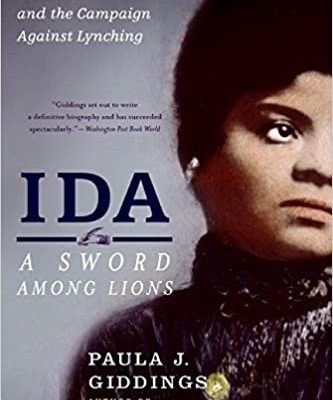
Daughters of Liberty: Celebrating the Centennial of Women’s Suffrage & History – 10 Key Resources for K-12 Education
In Pioneer’s ongoing series of blogs here, here, and here on curricular resources for parents, families, and teachers during COVID-19, this one focuses on: Celebrating the Centennial of Women's Suffrage & Women’s History.
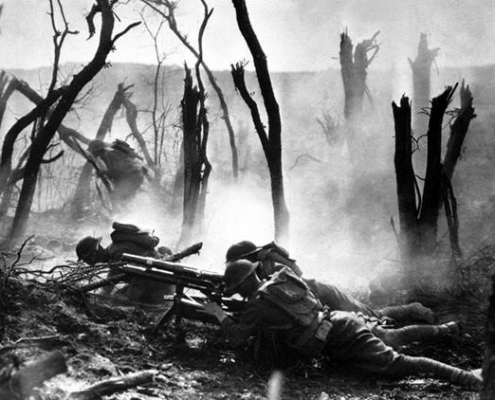
Marking the Centennial of the Armistice of the First World War
November 11th marks the 100th anniversary of the Armistice…
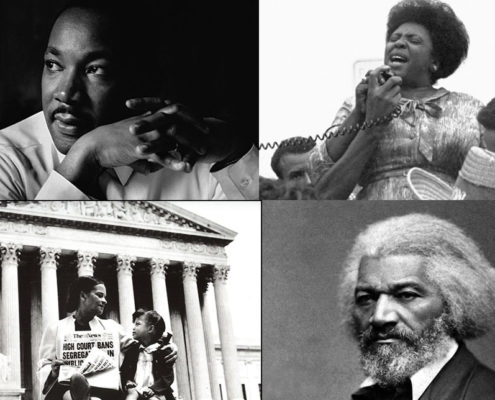
Celebrating Black History Month
In the month of February, the nation honors the achievements…
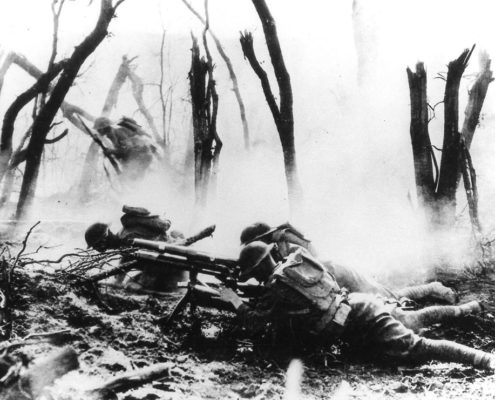
Commemorating The 100th Anniversary Of U.S. Entry Into World War I
On Tuesday, April 4th, at the Edward M. Kennedy Institute for…
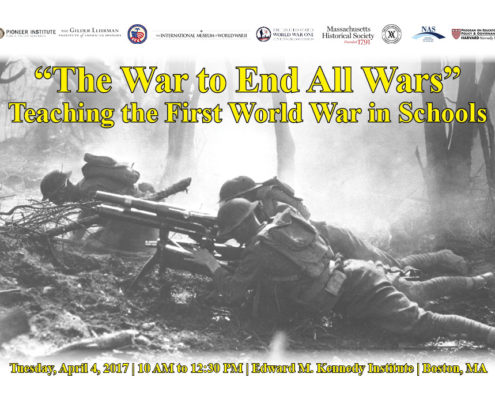
“The War to End All Wars”: Teaching the First World War in Schools
Please join Pioneer Institute, the United States World War…
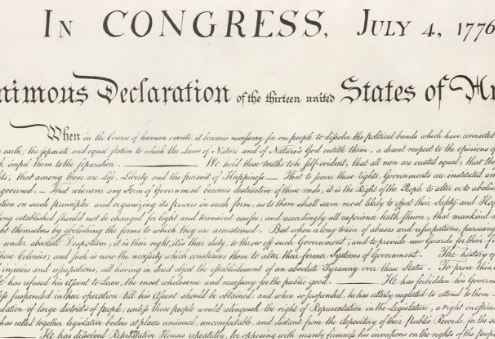
Cursive and Historical Literacy: A Real World Example
In the age of computers and modern convenience, the relevancy…
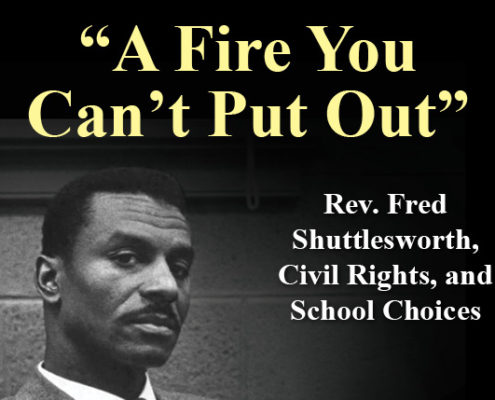
Join Us Mar. 20: “A Fire You Can’t Put Out”: Rev. Fred Shuttlesworth, Civil Rights, & School Choices
In the aftermath of a contentious electoral season, highlighted…
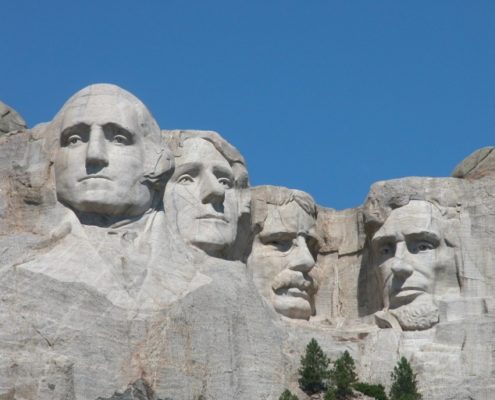
Celebrating Presidents’ Day & K-12 U.S. History Instruction
As we celebrate Presidents' Day, Pioneer Institute is pleased…
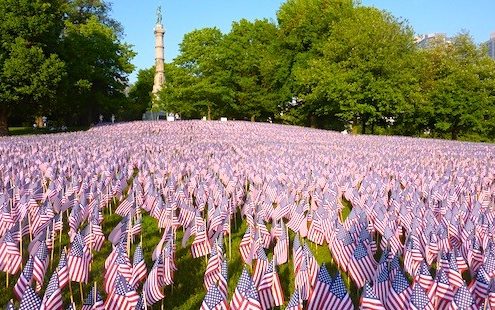
Honoring the Service and Sacrifice of Our Veterans
Memorial Day is a time to reflect on the men and women who have…
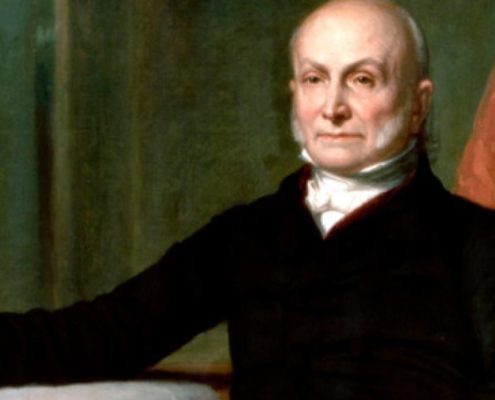
Presidents Day: The Innovative JQA
Guest Post by Jordan Harris
Although several Presidents have…
